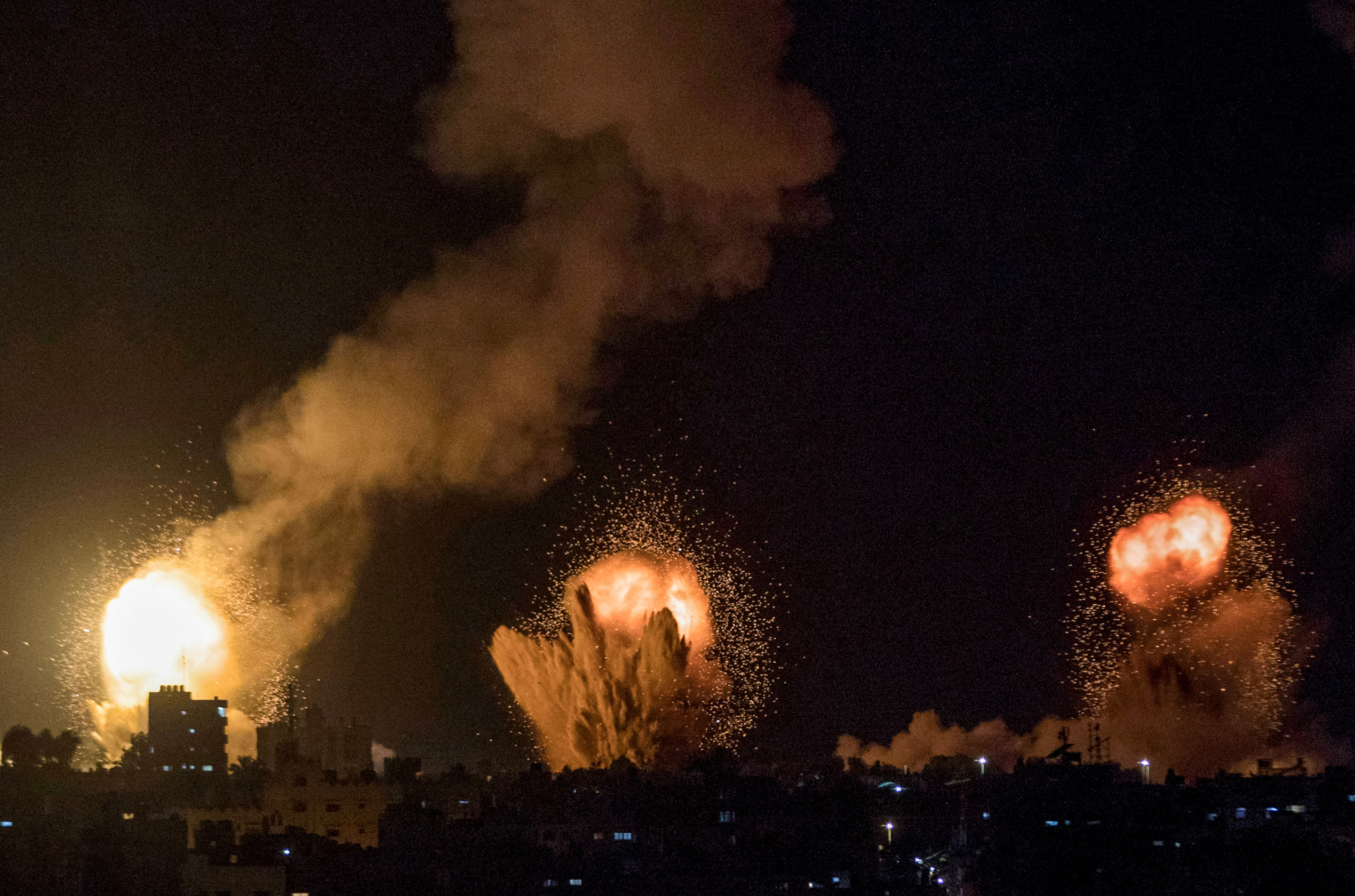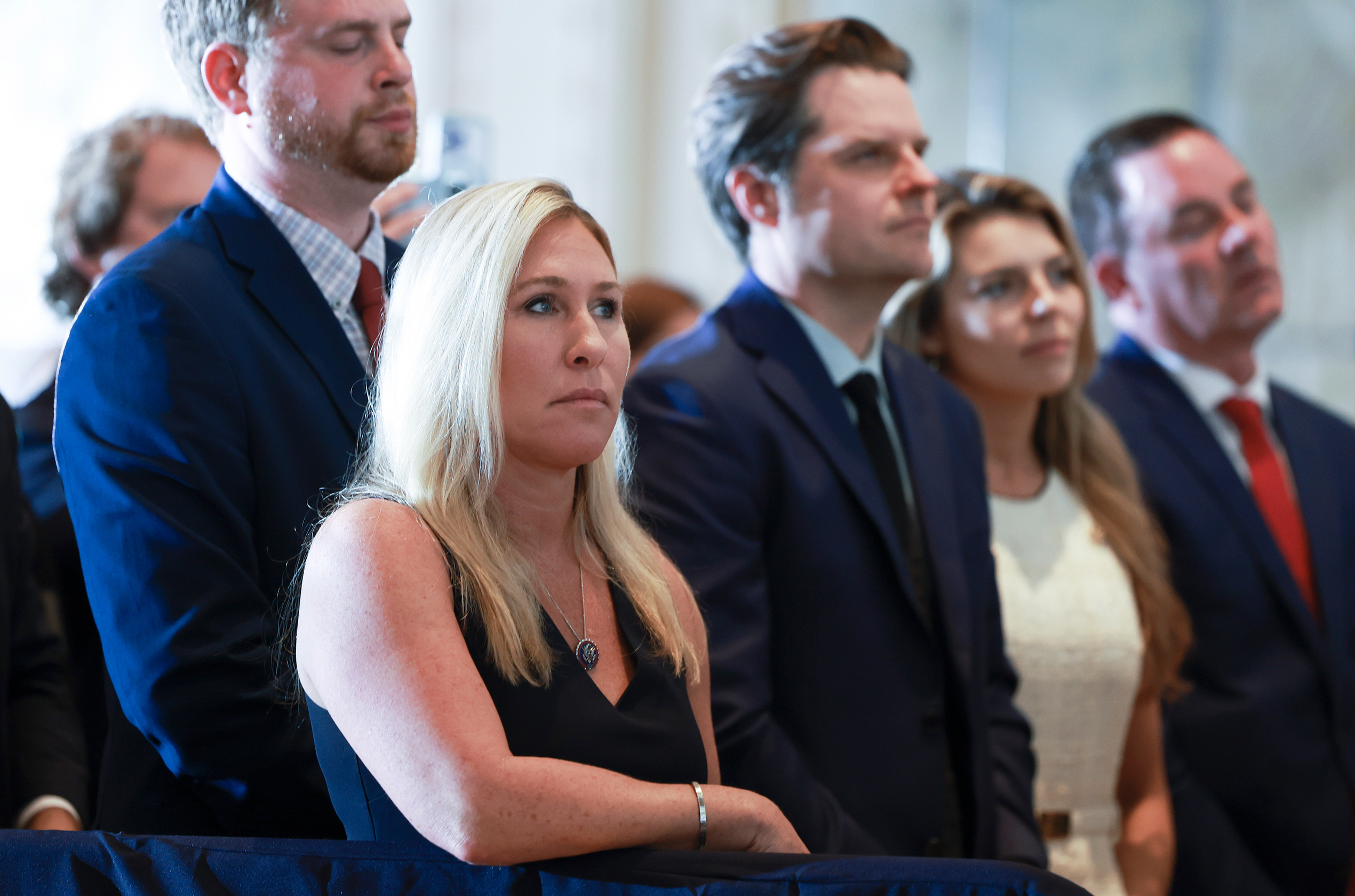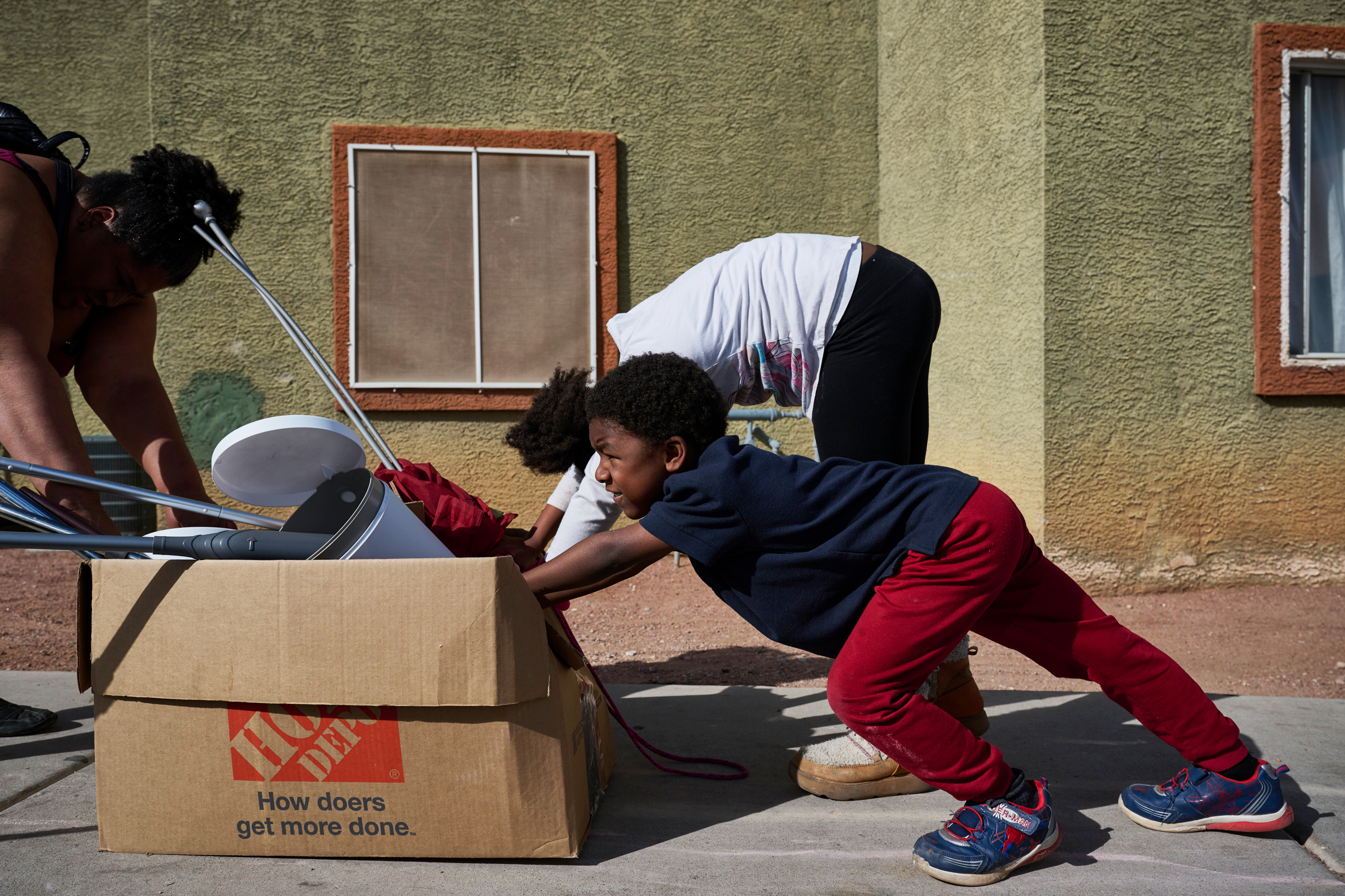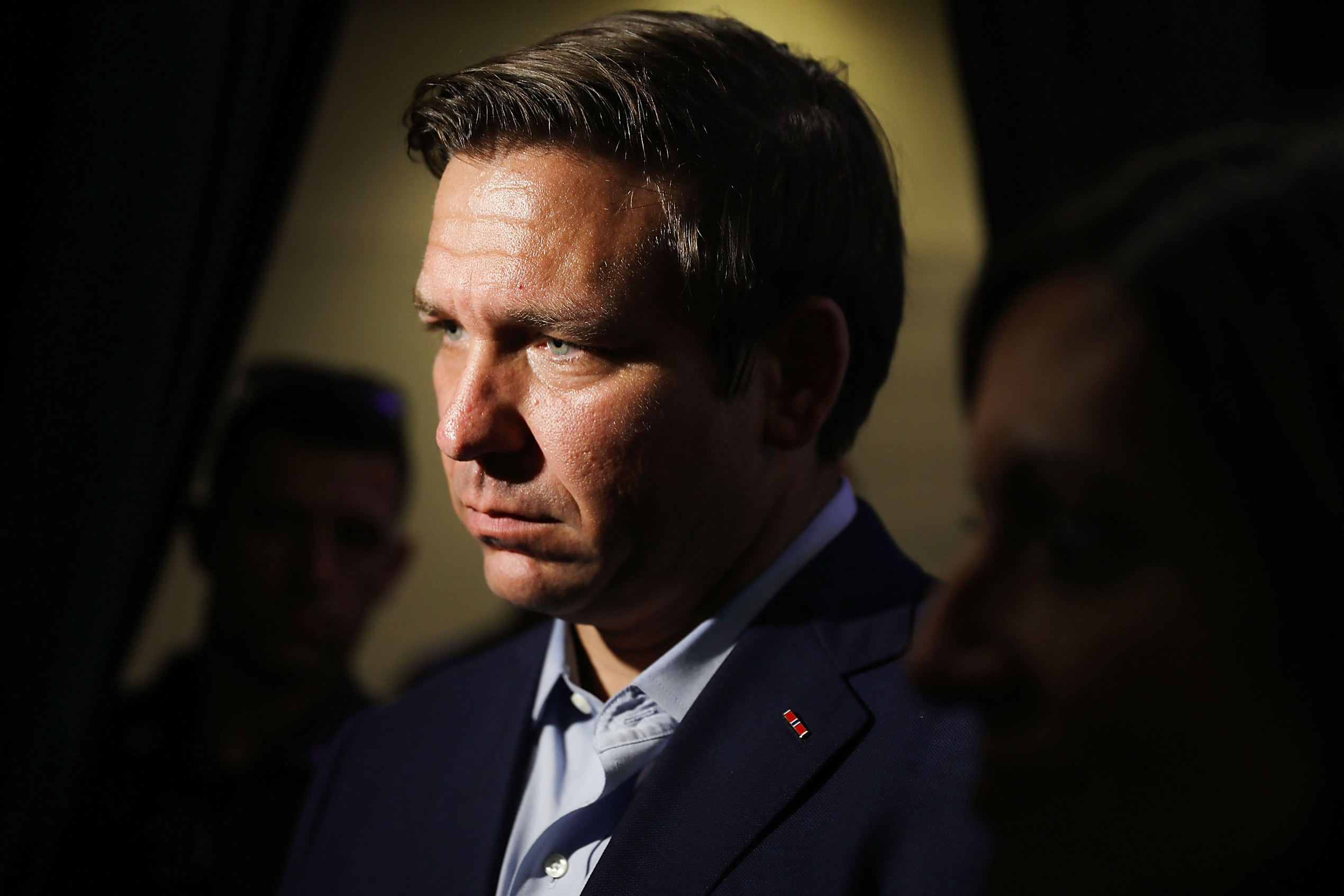Russia May Propose Ceasefire in Bid to Stop Ukraine Counteroffensive: ISW
Russian President Vladimir Putin may use a key religious holiday to propose a ceasefire and delay a long-expected Ukrainian counteroffensive, according to a new assessment.
The Kremlin could use Orthodox Easter, which falls on April 16, to call for a pause in hostilities "out of respect for the Orthodox religion despite the fact that Russia has shown no such respect for religion in areas its forces occupy," the Washington-based Institute for the Study of War (ISW) said on Sunday.
Ukraine has a significant Orthodox population, with around 78 percent identifying as Orthodox Christian in 2019. Although Ukraine's Orthodox Church has split with Russia, controversy over alleged ties to Moscow has surged in recent weeks.
Moscow previously called a 36-hour ceasefire on Orthodox Christmas in January 2023, which was rejected by Ukraine. Kyiv then said Russia had continued attacks through the proposed ceasefire period.
Russia's leadership has used religious holidays to call for ceasefires, attempting to "influence the situation on the frontlines," the ISW said. Moscow likely did not agree to a ceasefire during Orthodox Easter in 2022 because the Kremlin's forces were in a stronger position then than during Orthodox Christmas, the think tank said.
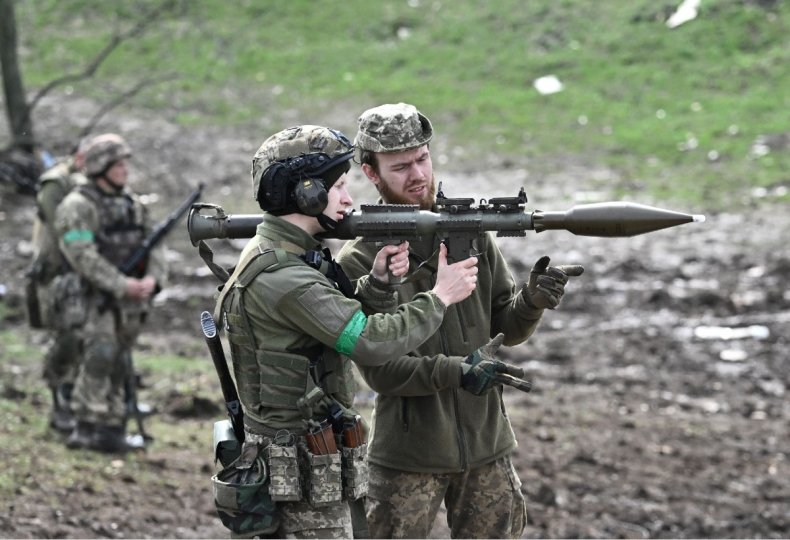
During the Christmas period in January, the Kremlin used a ceasefire to prepare Russian forces for a winter push, the ISW said.
"The Kremlin may call for an Easter ceasefire because such a pause would disproportionately benefit Russian troops," it added. It would not only have a military advantage, but it would play into Moscow's information operation to paint Putin "as the true protector of the Christian faith," the think tank said.
The move could allow the Kremlin to triumph in the contested eastern city of Bakhmut, which has seen months of bitter fighting, as well as shore up defenses for Ukraine's spring counteroffensive, the ISW wrote.
Western and Ukrainian officials have long discussed a concerted push from Kyiv, expected to take place through the spring. Deliveries of NATO-standard main battle tanks in late March likely set the "conditions for a Ukrainian counteroffensive," the ISW previously said.
Former Russian President Dmitry Medvedev has said in recent weeks that Russia's General Staff was "calculating" how to combat a Ukrainian spring counteroffensive.
Earlier this month, leaked documents showing U.S. and NATO evaluations of Ukraine's military needs for an upcoming offensive circulated online, prompting a Pentagon investigation.
"We are aware of the reports of social media posts and the department is reviewing the matter," according to Sabrina Singh, Pentagon deputy press secretary.
Following the leak, Ukrainian President Volodymyr Zelensky's office said the country's top officials had "focused on measures to prevent the leakage of information regarding the plans of the defense forces of Ukraine."
On March 25, Ukraine's deputy defense minister, Hanna Maliar, called for silence around Kyiv's plans for the spring counteroffensive, saying the president, defense minister, and the commander-in-chief of the armed forces were the only ones authorized to discuss the military preparations.
Newsweek has reached out to Russia's defense ministry for comment via email.
